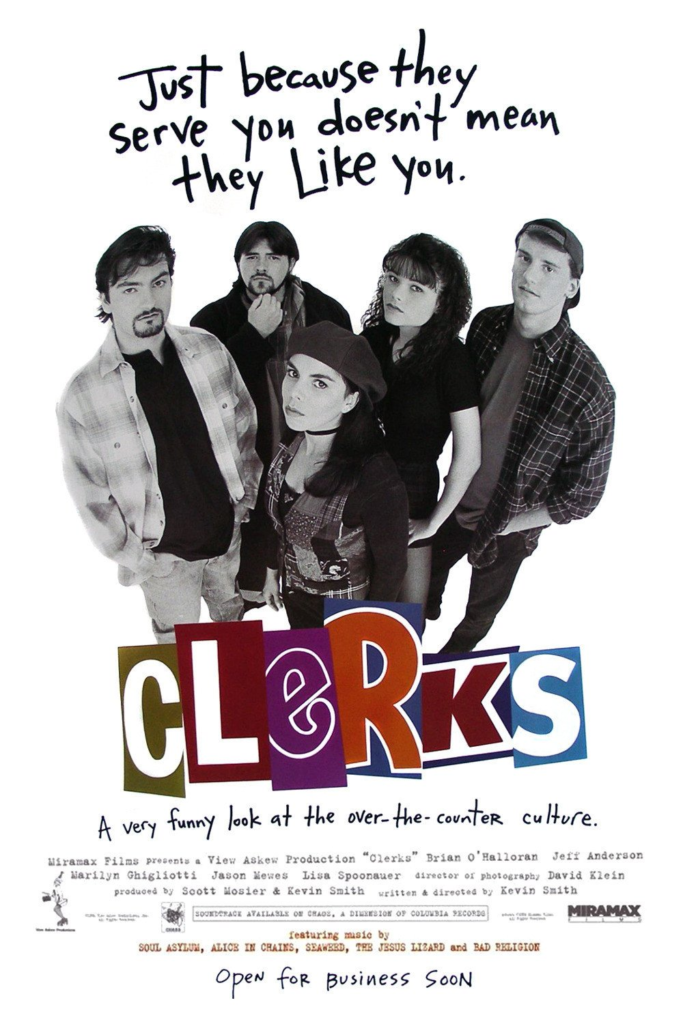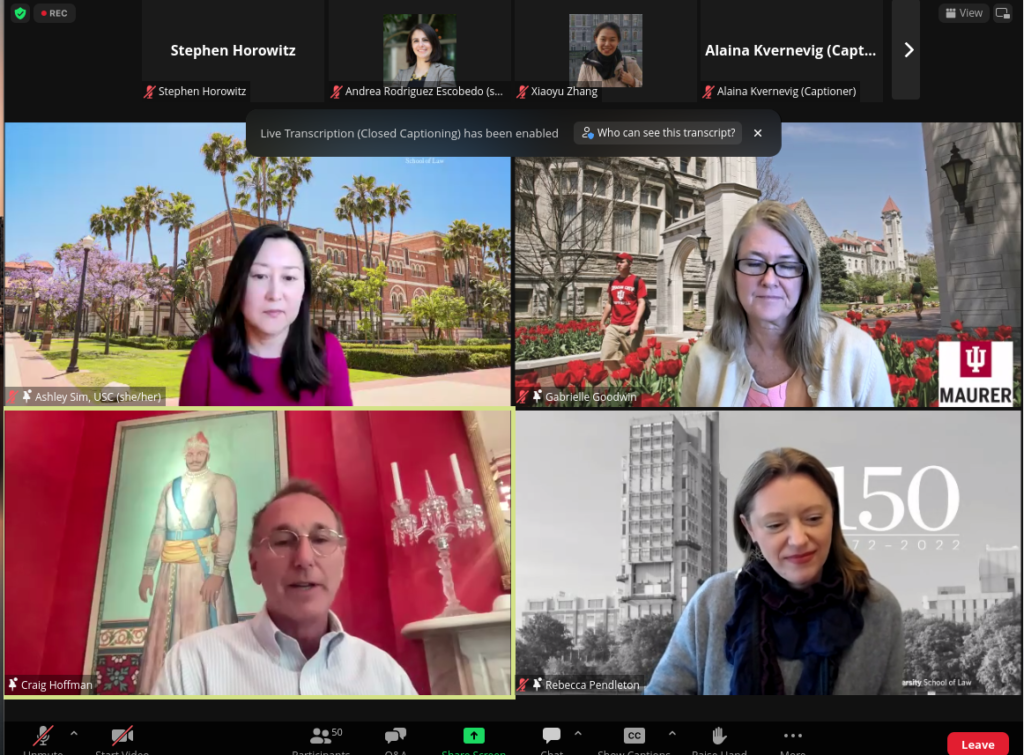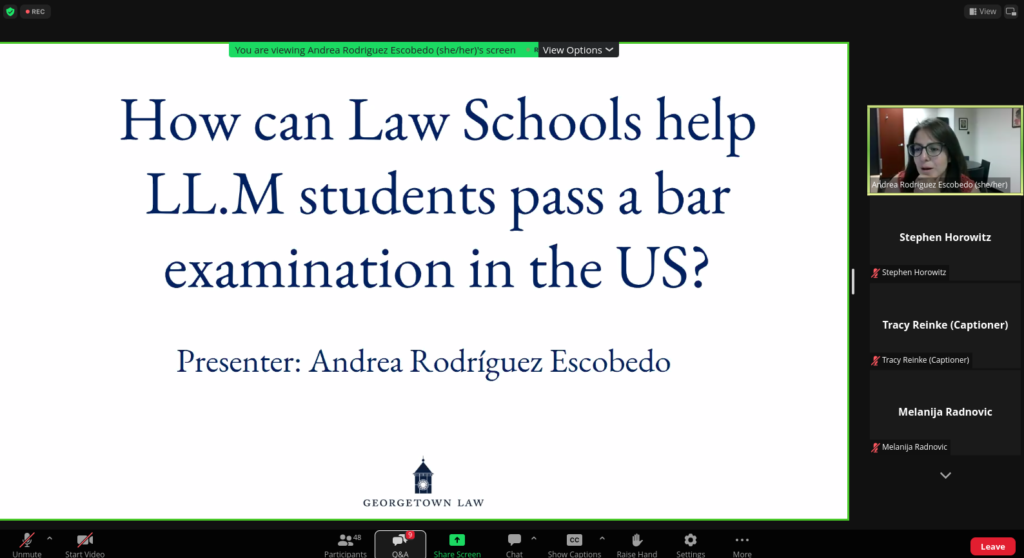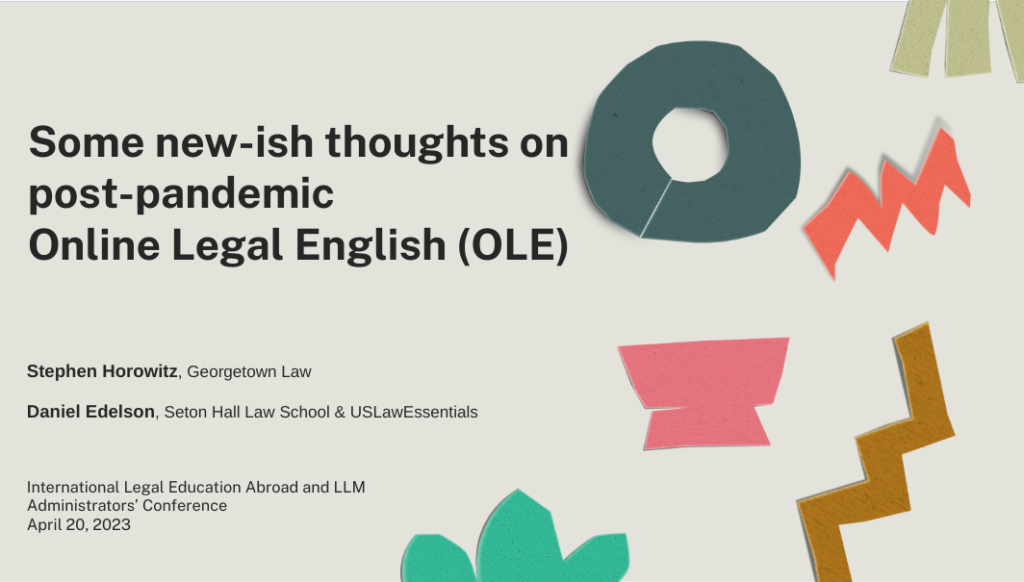Post by Stephen Horowitz, Professor of Legal English

“I give too much unnecessary detail when I talk about the work I’ve done.”
That was the complaint and concern of an LLM graduate who recently sought my legal English advice. He’s in the process of applying to jobs, but some native English speaking friends had told him that he doesn’t come across terribly well when he describes his past work experience.
How do you help a non-native English speaking LLM post-graduate in this situation? Is it a language issue? Or some other type of issue?
It’s probably at least in part a language issue, although when I spoke with this student, his spoken English was fairly strong. But it also may be a cultural discourse issue and perhaps even a function of the student’s own personal style as well.
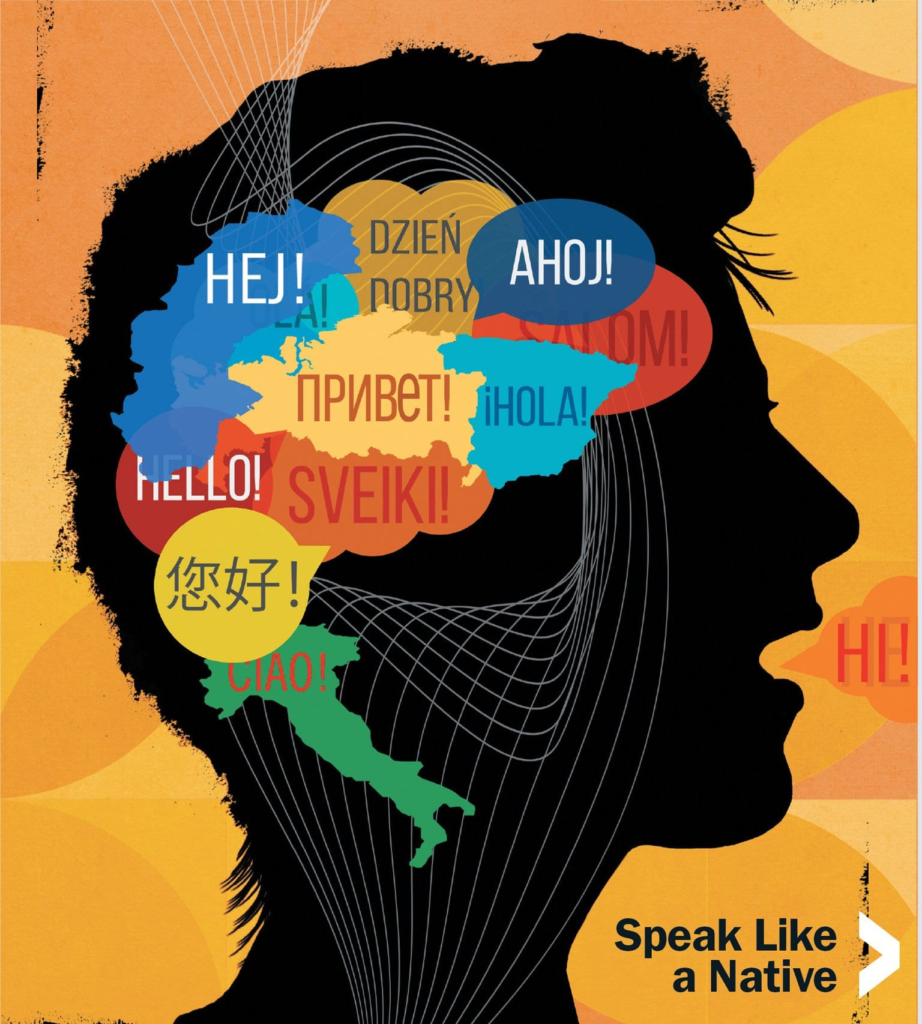
Regardless, the challenge is the same: The student needs to figure out a strategy to absorb and internalize the language and discourse style of the professional community he’s trying to join. I like to think of it as learning to code switch.
My suggested solution to the student: Find examples of the kind of language you want to be able to produce. In this case, the student was looking for jobs in the field of tax law. So that meant finding recorded examples of people talking about their work as tax lawyers, ideally with a transcript or subtitles. YouTube is the obvious place to look, and videos do exist of tax lawyers talking about their work. Though it’s more about giving advice and explaining their job to people who know less about tax law than they do, which is a little bit different than an interview situation, where you’re likely talking to people who have more knowledge and expertise than you do. Interviewers also typically occupy a higher relative status than the interviewee in the context of the interview, and so the interviewee’s ideal language also likely factors in register, i.e., level of formality.
Continue reading “New idea: ChatGPT and LLM interview language prep”
